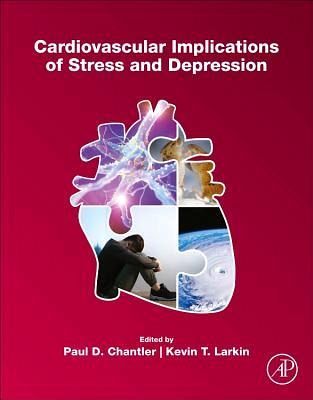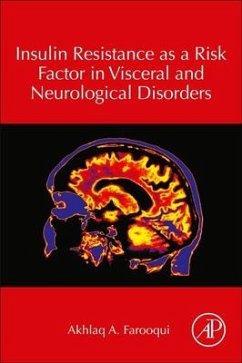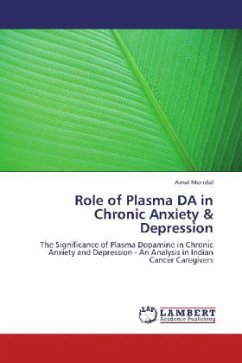
Cardiovascular Implications of Stress and Depression

PAYBACK Punkte
50 °P sammeln!
Cardiovascular Implications of Stress and Depression provides an in-depth examination on how exposure to stress influences risk for cardiovascular disease and how depression is associated with this relationship. This authoritative volume examines causal pathways linking stress, depression and cardiovascular disease. In addition, it provides mechanistic insights into how environmental stress can lead to cardiovascular diseases. Current information about mechanistic factors, clinical and epidemiological aspects, and management issues associated with stress/depression are presented. These insight...
Cardiovascular Implications of Stress and Depression provides an in-depth examination on how exposure to stress influences risk for cardiovascular disease and how depression is associated with this relationship. This authoritative volume examines causal pathways linking stress, depression and cardiovascular disease. In addition, it provides mechanistic insights into how environmental stress can lead to cardiovascular diseases. Current information about mechanistic factors, clinical and epidemiological aspects, and management issues associated with stress/depression are presented. These insights demonstrate how the mechanisms behind chronic stress and depression lead to cardiovascular diseases. In addition, their role in existing diseases (such as obesity, hypertension, and diabetes) is explored.













